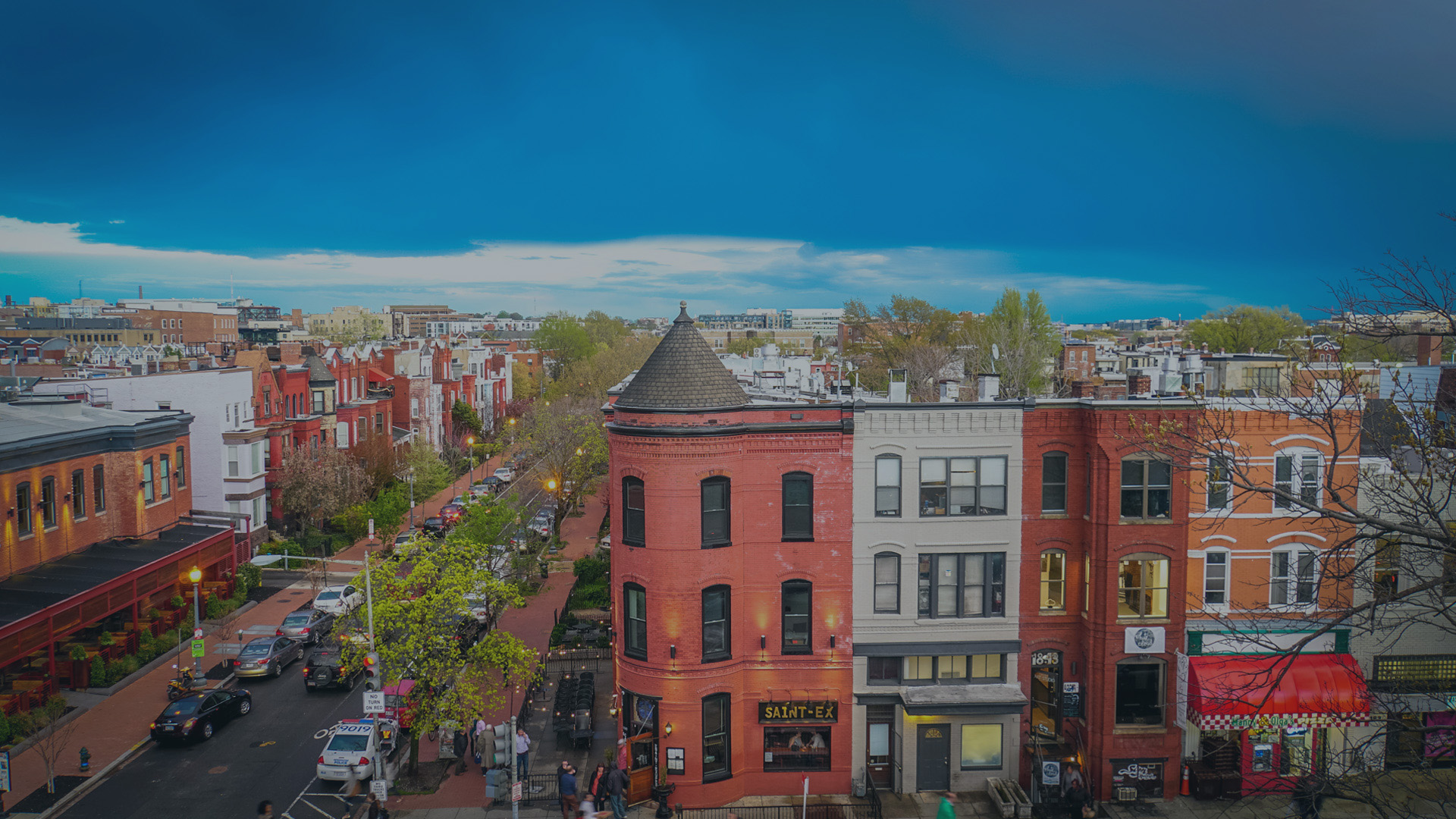On October 27, 2020, the D.C. Policy Center’s report, Appraising the District’s rentals, was cited by DCist:
Large, professionally managed apartment buildings are the most visible source of the city’s rental housing. But in the District, one third of rental stock exists in what’s called the “shadow” rental market, according to the D.C. Policy Center, a business-backed think tank. These single-family homes, rented condominiums, and investment properties are often owned by individuals or small businesses, not large companies. And many are priced lower than professionally managed apartments, says Christopher Leinberger, chair of the Center for Real Estate and Urban Analysis at the George Washington University School of Business.
“Small landlords are probably the bulk of the affordable housing in D.C.,” Leinberger says. “They end up getting to know their tenants over time. And they don’t keep their rents at the current market value, because they don’t want to lose their tenants.”
Yet D.C. landlord-tenant policy tends to focus on big landlords, economist Yesim Sayin Taylor wrote in a 2020 report for the D.C. Policy Center. Over time, she suggested, that could run some small housing providers out of the city.
“A substantive part of the District’s rental housing is dependent upon the willingness on the part of smaller landlords to keep their units in the rental market,” Taylor wrote. “A broader rental housing policy that recognizes the importance of these smaller landlords in expanding the city’s housing supply would be a step in the right direction.”
Read more: Small Landlords In D.C. Worry Pandemic Will Force Them To Sell Their Property | DCist
Related: Appraising the District’s rentals | D.C. Policy Center
